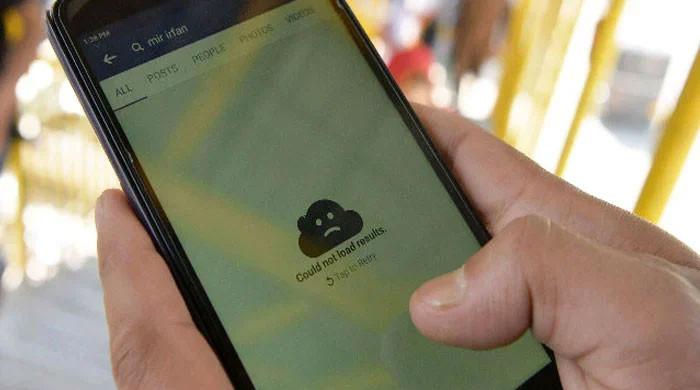Summary:
- Pakistan experiences significant internet disruptions linked to increased security measures.
- Economic repercussions loom as online businesses struggle to maintain operations.
- Activists criticize the government’s lack of transparency and accountability regarding the issue.
Across Pakistan, citizens are grappling with widespread internet disruptions that have sparked frustration and concern. The Wireless and Internet Service Providers Association of Pakistan (WISPAP) has attributed these disruptions to heightened security measures and surveillance, warning that this could have severe economic consequences for the country.
Shahzad Arshad, Chairman of WISPAP, voiced concerns on Thursday, stating, “It’s a very discouraging situation for our customers.” He highlighted that many users are abandoning smaller Internet Service Providers (ISPs) due to deteriorating service quality, which could lead to a “mass exodus of businesses from Pakistan.”
The internet slowdown has particularly impacted online and electronic businesses, which are vital components of Pakistan’s digital economy. Arshad warned that these sectors are now “struggling to maintain operations, and the slowdown is threatening their very survival.” He noted that internet speeds have dropped by 30% to 40%, severely affecting both businesses and individuals reliant on reliable connectivity.
While the disruptions continue, Prime Minister Shehbaz Sharif’s government and the Pakistan Telecommunication Authority (PTA) have remained largely silent, leaving millions of citizens in the dark. The restricted connectivity has not only infringed on citizens’ rights but also resulted in financial losses, particularly for e-commerce platforms and ride-hailing services.
Users of popular messaging applications like WhatsApp have reported significant delays and failures in uploading and downloading content, further exacerbating the situation. The disruptions are believed to be linked to the testing of an internet firewall aimed at controlling social media content, equipped with filters to block unwanted material from reaching a wider audience.
During an appearance on Geo News, Farieha Aziz, co-founder of the digital rights organization Bolo Bhi, criticized the government for its ambiguity surrounding the issue. She pointed out the economic impact of the internet slowdown and the government’s initial denial of any deliberate suspension of platforms like X (formerly Twitter). “Finally, there is some acknowledgment about the internet firewall,” Aziz stated, adding that the government’s lack of transparency has fueled speculation and misinformation.
Nighat Dad, a lawyer and digital rights activist, also condemned the government’s handling of the situation. She emphasized that the lack of clarity and communication has allowed fake news and misinformation to thrive, leaving people without answers. “Who can you question if there’s no accountability?” she asked, pointing out that the disruptions were not mere technical glitches but part of a broader agenda.
The economic repercussions of these internet-related issues are significant. Pakistan’s gig economy, which relies heavily on internet and social media platforms, is particularly vulnerable. As international markets increasingly view Pakistan as an unreliable digital business environment, the country risks losing its foothold in the global digital economy.
The internet firewall being tested is designed to filter out content deemed undesirable by the government, with posts from dissenting voices likely to be blocked or diminished in visibility. This measure could also lead to restrictions on Virtual Private Networks (VPNs), further limiting access to unfiltered information.
As the government continues to maintain its silence on these disruptions, the future of Pakistan’s digital economy hangs in the balance, with citizens and businesses alike bearing the brunt of these restrictive measures.





